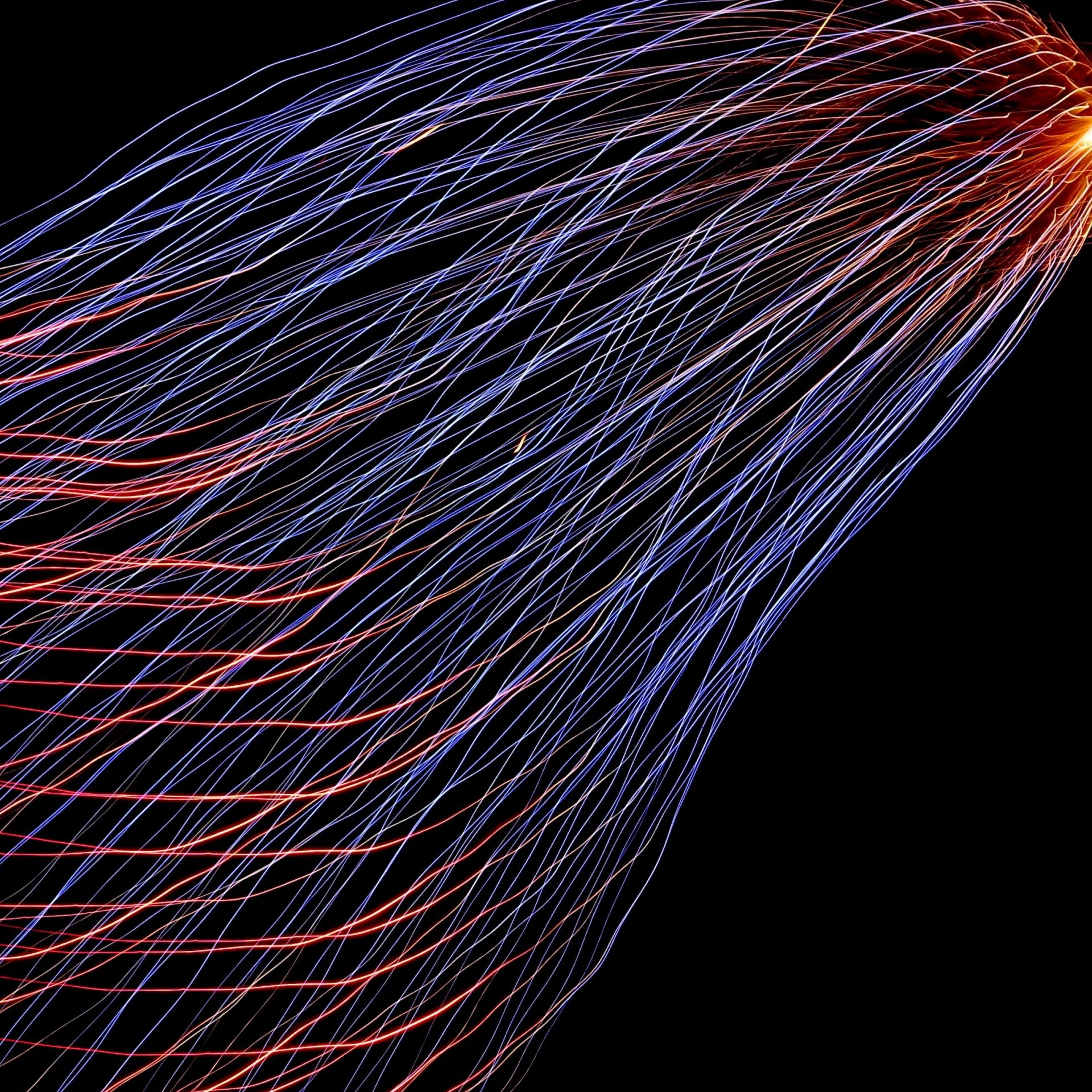Oliver Brock (Science of Intelligence), “About the Interplay of Embodiment and Learning in Intelligent Systems”
MAR 2.057Abstract: Biological intelligent systems manifest their intelligence in physical interactions with other agents and with their environment. Such interactions require embodiment. Intelligence, both artificial and biological, also requires some kind of learning. But what is the relationship between the two? How should the two interact? Do they even have to? What could be a common
















